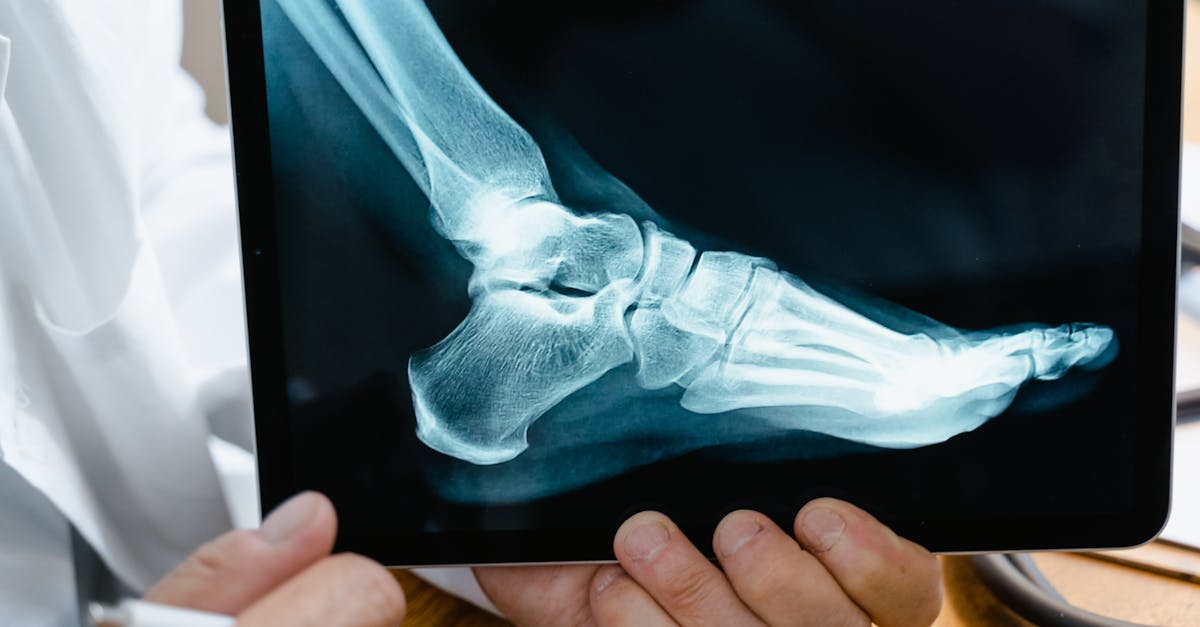Foundation and Launch: How to Conduct a Feasibility Study for Your Clinic Project
Starting a medical clinic is a journey that requires careful planning and a clear vision. A feasibility study for your clinic project is the cornerstone that ensures you build a successful and sustainable venture. It is not just a formality but a deep analysis that reveals whether your project will achieve the desired profitability by evaluating available opportunities and potential challenges. The success of any medical clinic directly depends on the accuracy of the feasibility study, which provides vital information about the healthcare market, confirms the availability of necessary resources like equipment and staff, and offers a realistic estimate of the expected financial return versus the total project costs.

The Essential Stages of Preparing a Feasibility Study
To ensure all aspects are covered, the feasibility study is divided into integrated stages, each building upon the previous one to form a complete picture of the clinic's future.
Defining the Idea and Medical Specialty
The entire feasibility study is built on a clear and specific idea. First, you must precisely define the medical specialty the clinic will focus on. Will it be a general practice serving primary care needs, or a specialized clinic in a specific field like dentistry, dermatology, gynecology, or internal medicine? The more specific the project idea, the more realistic and achievable the subsequent steps of the study will be, paving the way for sustainable success. This decision directly impacts the type of equipment, required personnel, and even future marketing strategies.
Understanding the target market is the foundation of any feasibility study for your clinic project.
Market Analysis and Target Audience Identification
Market analysis is an indispensable and vital step. This analysis begins with a comprehensive assessment of market demand, including detailed research on potential patients. This involves a demographic analysis of the target audience in the specified geographical area: male-to-female ratio, age group distribution, the most prevalent diseases, and the alternative medical services that residents currently use. The analysis also includes studying general health trends, average income levels, and social factors that might influence their health needs. Understanding these factors helps in designing a service package that accurately meets market needs.
Financial Study and Costs
Establishing a medical clinic requires a well-considered financial investment in infrastructure, advanced medical equipment, and qualified human resources. This stage of the feasibility study is crucial for determining the project's viability.
Estimating Initial and Operational Costs in a Feasibility study for your clinic project
A detailed and accurate estimate of both setup and operational costs must be conducted. Setup costs include purchasing or leasing the location, decoration and furnishing, acquiring medical devices and equipment, and government licensing fees. Operational costs include employee salaries (doctors, nurses, administrators), utility bills (electricity, water, internet), costs of consumables, and expenses for marketing and regular maintenance. Creating a realistic budget for these costs ensures the necessary funding is available and prevents any future financial setbacks.

Financial Analysis and Expected Returns
The financial feasibility study includes creating an integrated financial model covering the pre-opening phase and extending for the next three to five years. This model should outline available funding sources, with a comprehensive market analysis to avoid spending money on services patients do not need. This is where modern clinic management systems play a role. A system like Tadawi helps in reducing clinic operating costs by automating administrative tasks and improving operational efficiency. The system enables precise financial management, facilitating efficient Revenue Cycle Management (RCM) and insurance management and claims, which enhances the accuracy of financial projections in the feasibility study.
To ensure a sound financial analysis, several critical questions must be answered:
- Will there be a continuous demand for the services the clinic will offer?
- What is the level of competition in the surrounding area?
- Can you secure sufficient funding to cover all costs based on market requirements?
- How capable are you of attracting investors or partners and building community trust in your services?
- Can the clinic obtain contracts with insurance companies and participate in government healthcare programs?
Based on the market analysis, expected revenues are estimated by determining the potential number of patients, average service prices, and appointment occupancy rates, which helps in calculating the capital payback period.
Operational and Legal Aspects
Operational efficiency and legal compliance are fundamental pillars for the sustained success of the clinic.
Proper operational planning is an integral part of the feasibility study for your clinic project.
Geographic Location Assessment
The clinic's location plays a vital role in its success. A location should be chosen that is easily accessible, close to target residential areas, and has adequate parking for patients. The level of competition in the area must also be considered; the presence of other clinics can be both a challenge and an opportunity if you can offer distinguished services.
Legal and Regulatory Requirements
The feasibility study must include a thorough legal and regulatory analysis to ensure full compliance with local health laws and regulations. This involves understanding the procedures for obtaining the necessary licenses from the Ministry of Health and other relevant authorities. Adhering to health and ethical standards from the outset helps the clinic avoid legal obstacles and ensures a smooth and safe operation.

Risk Assessment and Strategic Planning
Preparing for the future requires a proactive look at potential risks and developing clear plans to address them.
Analysis of Potential Risks
Every business project carries a set of risks. The feasibility study should include an analysis of potential risks such as changes in health legislation, economic challenges that could affect patients' purchasing power, or the emergence of new competitors. This analysis helps in developing flexible strategies to deal with these risks and mitigate their impact. Embracing digital transformation through a system like Tadawi reduces operational risks related to patient data management and human errors in billing.
Developing a Marketing Plan
An effective marketing plan is an essential element for the clinic's success. Marketing objectives must be clearly defined, and an integrated strategy should be developed to attract patients and promote medical services. The strategy should focus on highlighting the competitive advantages that set your clinic apart, whether it's the quality of service, the use of modern technologies, or the expertise of the medical staff.
Making the Final Decision
After completing all stages of the study, it is time to make a decision. It is important to remember that backing out of the project at this initial stage does not mean a significant financial loss; rather, it is a wise decision based on realistic data. This phase provides a comprehensive overview of market requirements and your ability to meet them. Randomness has never been a path to building reputable medical institutions.
The final financial and operational evaluation, based on accurate data from the feasibility study, is what will help you make an informed investment decision. This comprehensive assessment ensures that the decision to move forward with the project is built on a solid foundation of in-depth analysis of all aspects affecting the clinic's long-term success.
Glossary of Terms
| Term | Description |
|---|---|
| Clinic Management | The processes and activities related to organizing and coordinating resources to ensure efficient workflow within a medical clinic. |
| Revenue Cycle Management (RCM) | The financial process that manages claims processing, payment, and revenue generation from patient services. |
| Digital Transformation | The integration of digital technology into all areas of a clinic's operations to improve efficiency and the patient experience. |
| Insurance Management | Handling health insurance claims, pre-authorizations, and communicating with insurance companies to ensure coverage for patient costs. |
| Reducing Clinic Operating Costs | Strategies and practices aimed at lowering the day-to-day operational expenses of the clinic while maintaining the quality of care. |
Frequently Asked Questions (FAQ)
What are the most important mistakes to avoid when conducting a feasibility study for a clinic?
The most prominent mistakes include overestimating expected revenues, neglecting to sufficiently analyze competitors, and failing to create a realistic financial and operational plan. Also, ignoring legal requirements and necessary licenses can lead to significant obstacles in the future.
How long does a feasibility study typically take?
The duration varies depending on the project's size and specialty. Generally, a comprehensive feasibility study for a medical clinic can take from a few weeks to several months to ensure accurate data collection and in-depth analysis of all aspects.
How can a system like Tadawi help during the feasibility study phase?
A system like Tadawi can provide valuable insights for the feasibility study. By understanding the system's capabilities, you can more accurately estimate operational costs, project efficiency improvements, and develop a financial model that reflects the long-term benefits of automation, such as improved revenue cycle management and reduced administrative errors.
If you’d like to discover more strategies for boosting sales in your clinic, you can request a free quote for the Tadawi Clinic Management System. For frequently asked questions, click here.

